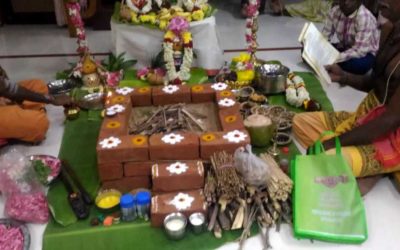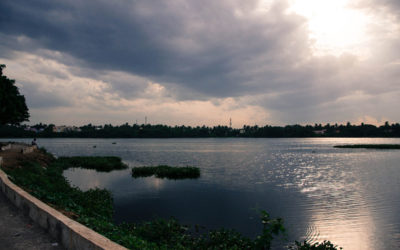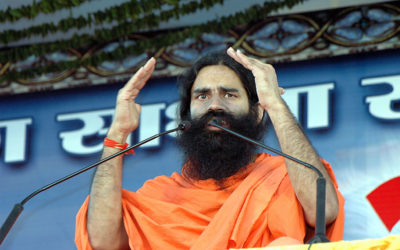HYDERABAD: Religion plays a major role in the lives of most Indians hence religious tourism is big in India. I always wanted to explore this aspect of travel as well. Ever since I heard about Daiwik Hotels (India’s first pilgrim hotel chain) I wanted to visit their ‘Sai Sanjivani’ at Shirdi. Going from Hyderabad to Shirdi was absolutely smooth. We boarded Ajanta Express at six in the evening. With like-minded people for company, cracking jokes and opening various food packets brought by each food enthusiast, tasting and passing it on to others, only to open the next parcel, it went on till we fell asleep. At six in the morning, we got down at Nagarsol, and were picked up by the hotel’s cab. Cold wind blew as we covered 40 kms.
Daiwik Hotel is conveniently located right next to the temple (just 5 minutes walk) and comes with a blend of luxury, service and security. In the three days that I spent in Shirdi, I made a number of visits to the temple complex, every time accompanied by Digambar Thrombe, the trusted staff from Daiwik Hotel. He would take me for darshans and shopping, as he knew the ins and outs of the place. My daily routine was a short walk that would land me right in front of ‘Chavadi’ and ‘Dwarakamai’ closely followed by ‘Samadhi Mandir’ etc. Though many are familiar with these places, my aim is to explain their significance and the role played by them in Sai Baba’s life.
Dwarakamai
This ancient mosque is where Sai Baba lived for sixty years and all the momentous episodes of his life were played out here. Here Baba solved problems of the people, cured their sickness and worries. Before Baba’s arrival in Shirdi, Dwarkamai was an old mosque in a dilapidated condition. It houses a portrait of Baba, the big stone on which Baba used to sit, a chariot and a palkhi, a square stool made of stone which Baba used for taking a bath, an oil painting of Sai Baba sitting in a carved wooden shrine, and also the grinding stone and the wooden vessel called kolamba in which Baba used to keep the bhiksha brought from the village.
TSFCCT performs Ganapathi Homam at Mahakali Temple
Secunderabad: On the occasion of 1st day of new financial year (2019-2020), Telengana State...




0 Comments